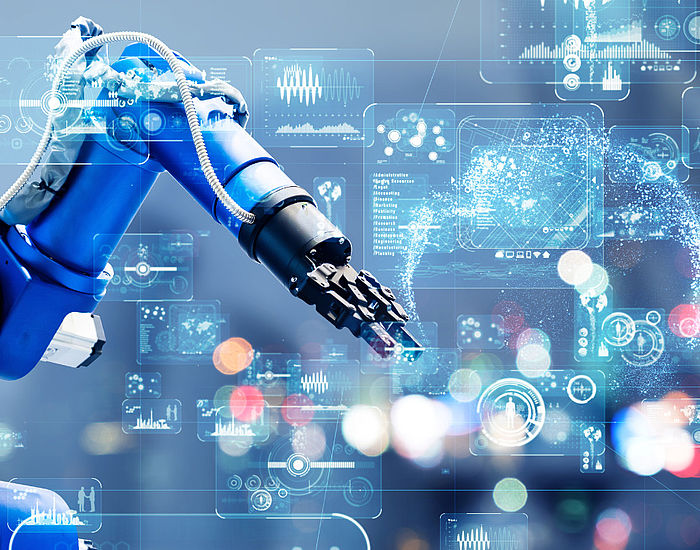 Integrating automation in FoF – Industry 4.0
Integrating automation in FoF – Industry 4.0
Date
- 2022-03-24
Related News
- Research develops methods for machine learning in metrology for sensor networks
- Online workshop: Sensor network metrology and calibration of digital sensors
- EMPIR project supports digital transformation in industry for COVID-19 recovery
- Two EMPIR projects work together to bring measurement to the IIoT
- Workshops on Europe’s digital measurement evolution held in September 2021
- Machine learning and data analysis video tutorials available from EMPIR project
Link
- 17IND12, Met4FoF, project website
Contact
Author
Tags
- EMPIR,
- EMN Advanced Manufacturing,
- TC-IM,
- EMN Mathematics and Statistics,
- TC-EM,
